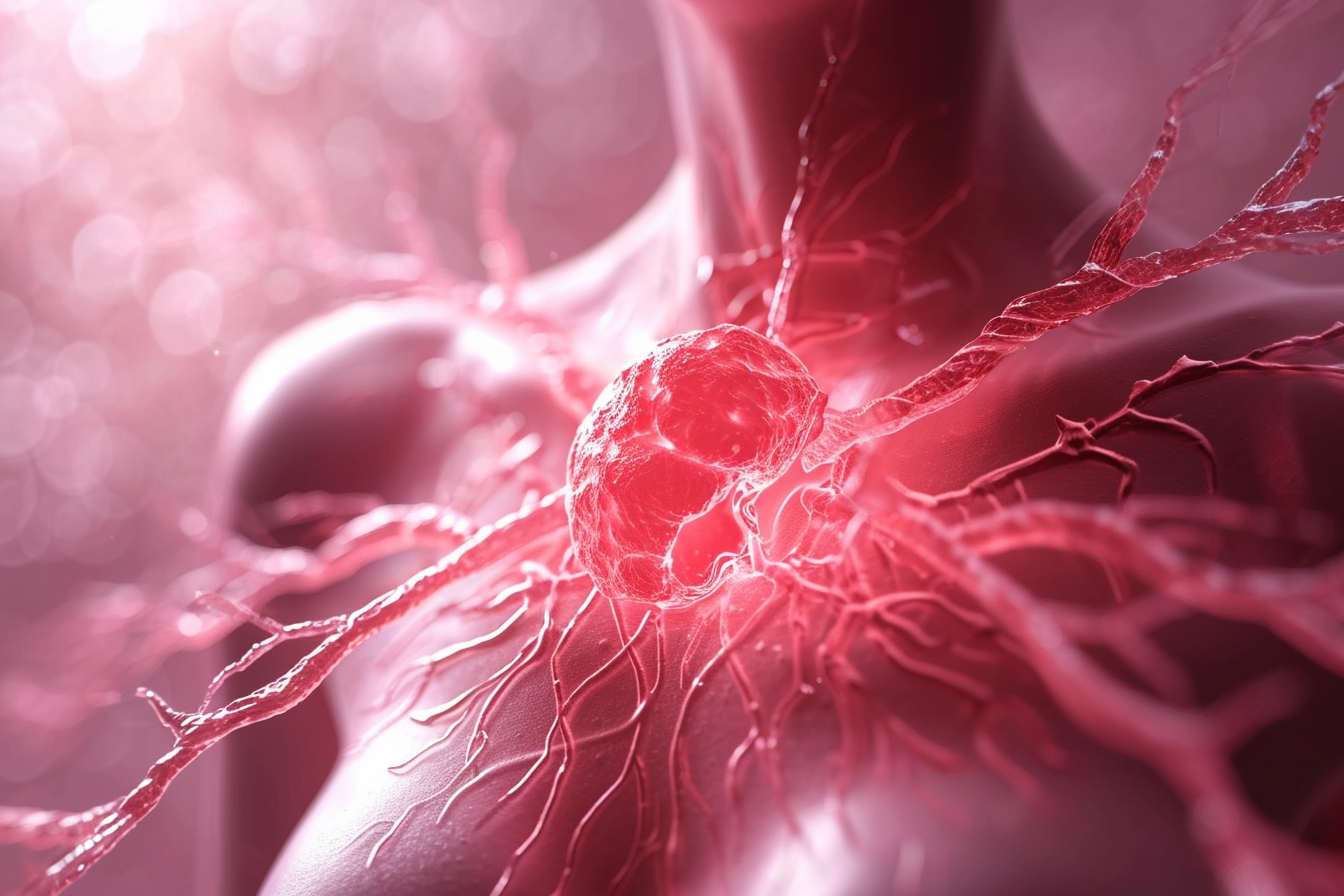Vitamin K2: The Unsung Hero of Bone and Heart Health
In the world of vitamins, K2 is often overshadowed by its more famous cousins like vitamin C and D. However, this lesser-known nutrient plays a crucial role in maintaining strong bones and a healthy cardiovascular system. Discovered in the 1930s, vitamin K2 has only recently begun to garner attention from researchers and health enthusiasts alike. Its unique ability to direct calcium to the right places in the body makes it an essential component of overall wellness. As our understanding of vitamin K2's functions continues to grow, so does its potential to revolutionize preventive healthcare and nutrition strategies.

Vitamin K2 itself is not a single molecule but a group of related compounds. These are classified based on the length of their side chains, denoted by MK-n, where “n” represents the number of prenyl units. The most common forms found in supplements and food sources are MK-4 and MK-7. MK-4 is primarily found in animal products, while MK-7 is produced by bacterial fermentation and is abundant in certain fermented foods.
The Biological Role of Vitamin K2
At its core, vitamin K2’s primary function is to activate proteins that play crucial roles in bone formation and cardiovascular health. One of the most important proteins activated by K2 is osteocalcin, which helps bind calcium to the bone matrix. Without adequate K2, osteocalcin remains inactive, leading to reduced bone mineralization and increased fracture risk.
Another vital protein dependent on vitamin K2 is Matrix Gla Protein (MGP). MGP acts as a powerful inhibitor of vascular calcification, preventing calcium from depositing in arteries and soft tissues. When MGP is not fully activated due to K2 deficiency, it can lead to arterial stiffening and increased risk of cardiovascular disease.
Interestingly, vitamin K2 works synergistically with vitamins D and A. While vitamin D increases the production of vitamin K-dependent proteins, K2 is necessary to activate these proteins fully. This interdependence highlights the importance of a balanced approach to supplementation and nutrition.
Food Sources and Bioavailability
Unlike vitamin K1, which is abundant in leafy green vegetables, vitamin K2 is found in limited food sources. The richest natural source of K2 is natto, a traditional Japanese dish made from fermented soybeans. Other sources include certain cheeses (particularly those made with bacterial cultures), egg yolks, butter from grass-fed cows, and organ meats.
The bioavailability of vitamin K2 varies depending on its form and source. MK-7, found in natto and some supplements, has a longer half-life in the body and is considered more bioavailable than MK-4. This extended presence in the bloodstream allows for more consistent activation of K2-dependent proteins.
It’s worth noting that while the body can convert some vitamin K1 to K2, this process is inefficient and varies greatly between individuals. This conversion limitation underscores the importance of obtaining K2 directly from food sources or supplements, especially for those at risk of deficiency.
Emerging Research and Potential Health Benefits
Recent studies have shed light on vitamin K2’s potential benefits beyond bone and heart health. Researchers are exploring its role in insulin sensitivity, cognitive function, and even cancer prevention. A 2021 study published in the journal “Nutrients” suggested that adequate vitamin K2 intake might help reduce the risk of type 2 diabetes by improving insulin sensitivity.
In the realm of brain health, preliminary research indicates that K2 may have neuroprotective properties. A 2021 review in the “Journal of Alzheimer’s Disease” highlighted vitamin K2’s potential role in reducing inflammation and oxidative stress in the brain, possibly slowing cognitive decline associated with aging.
Perhaps most intriguingly, some studies have suggested that vitamin K2 may have anti-cancer properties. A 2020 meta-analysis published in the “European Journal of Epidemiology” found that higher intake of vitamin K2 was associated with a reduced risk of certain types of cancer, particularly prostate cancer. While these findings are promising, more research is needed to fully understand the mechanisms and potential applications of K2 in cancer prevention.
Supplementation: Considerations and Controversies
As awareness of vitamin K2’s importance grows, so does the popularity of K2 supplements. However, supplementation is not without controversy. One key issue is the lack of an established Recommended Dietary Allowance (RDA) for vitamin K2. This absence makes it challenging for healthcare providers and consumers to determine optimal dosages.
Another point of debate is the superiority of different K2 forms in supplements. While MK-7 is often touted for its longer half-life, some researchers argue that MK-4 may have unique benefits, particularly for bone health. This has led to the development of combination supplements containing both forms.
Safety is also a consideration, especially for individuals taking blood thinners like warfarin. Vitamin K2 can interact with these medications, potentially altering their effectiveness. As such, anyone on anticoagulant therapy should consult their healthcare provider before starting K2 supplementation.
Despite these challenges, the potential benefits of vitamin K2 supplementation, especially for those with limited dietary intake, are compelling. As research continues to evolve, we may see more targeted recommendations for K2 supplementation based on individual health needs and genetic factors.
In conclusion, vitamin K2 represents a fascinating frontier in nutritional science. Its unique ability to regulate calcium metabolism offers promising avenues for improving bone and cardiovascular health. As our understanding of this vital nutrient grows, so does its potential to transform preventive healthcare strategies. While more research is needed to fully elucidate its benefits and optimal usage, vitamin K2 is undoubtedly emerging from the shadows to take its place as a key player in the pantheon of essential nutrients.






